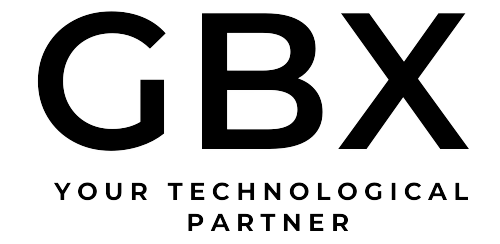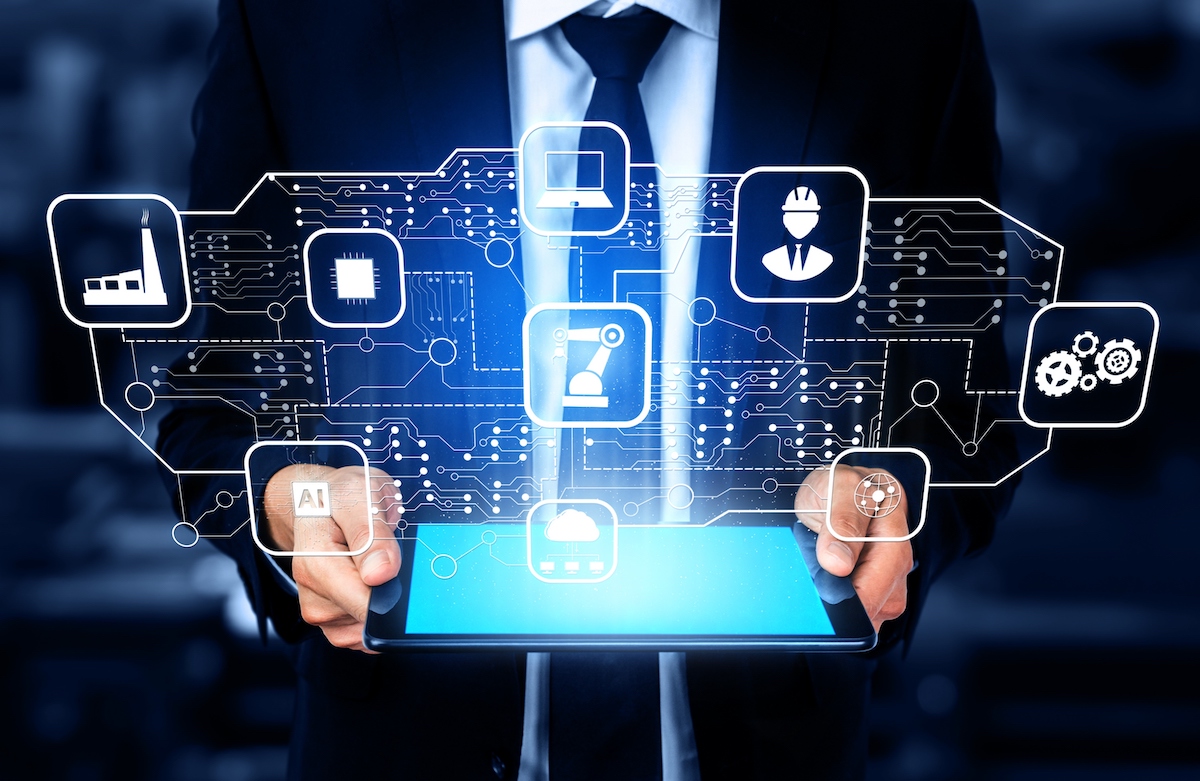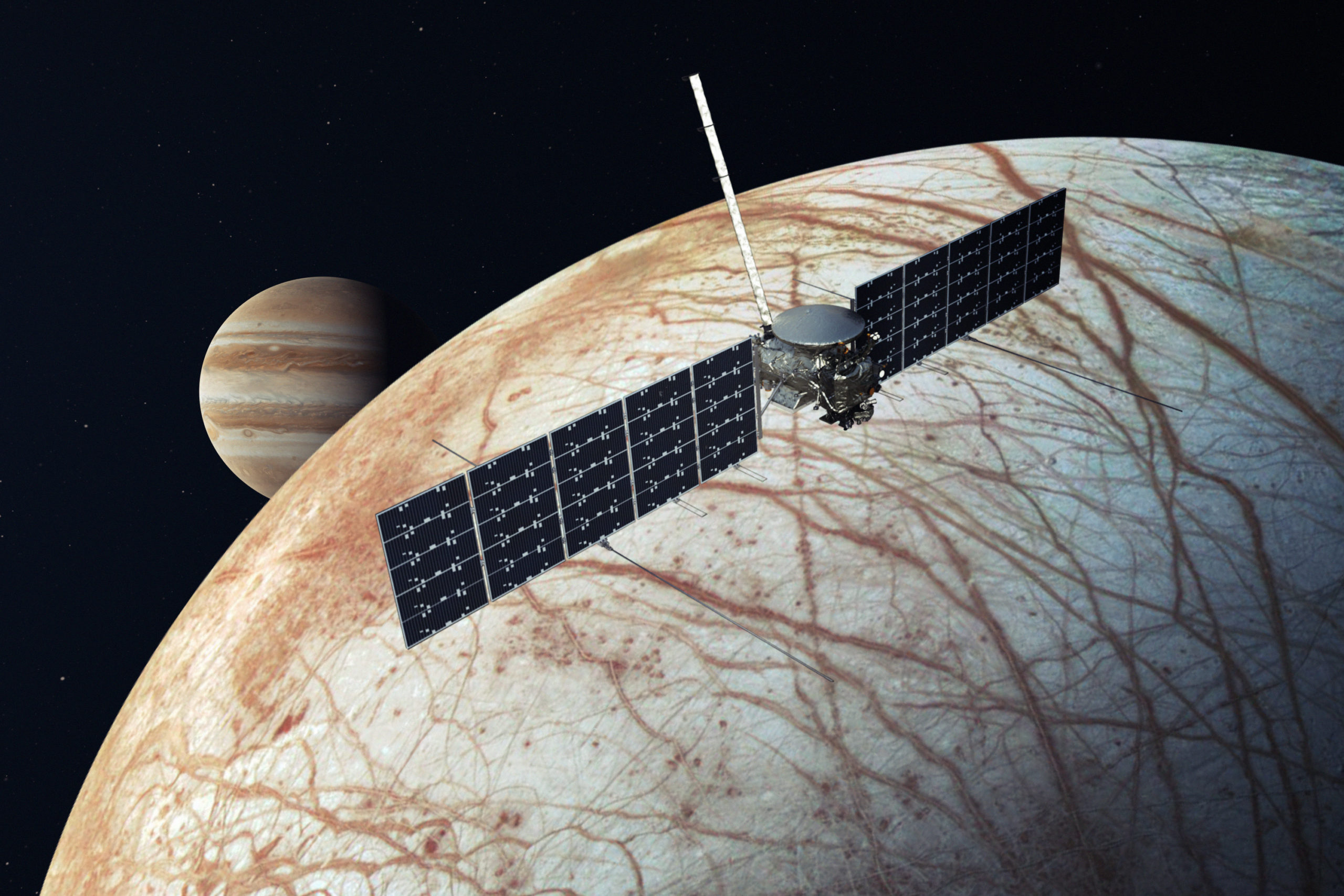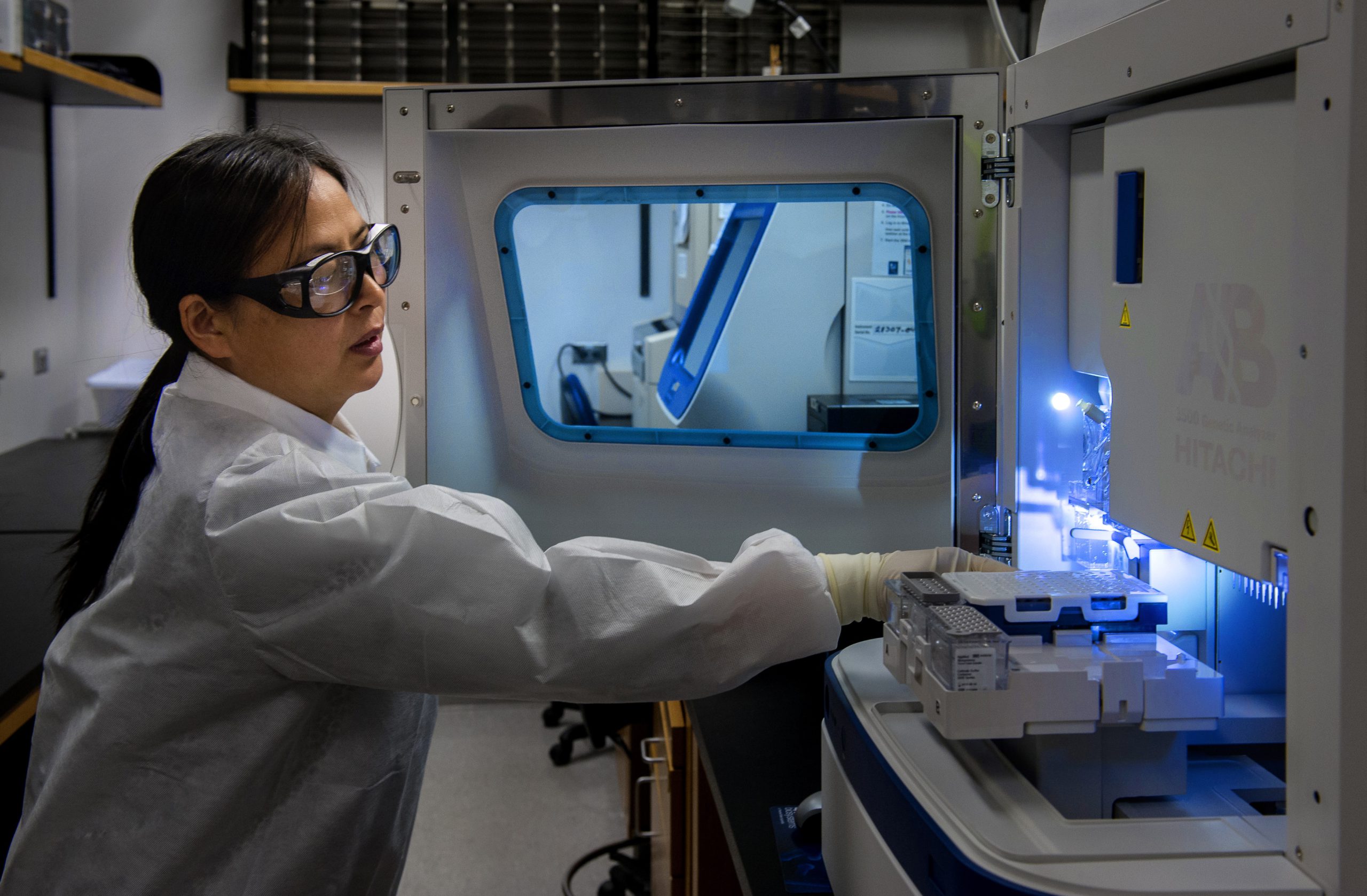
Pulse of Progress: Exploring IoT Trends in HealthTech 2024
In 2024, HealthTech is on the brink of transformation: Let’s unveil the power of IoT
As we step into the first quarter of 2024, HealthTech isn’t merely evolving; it stands on the precipice of a profound transformation. At the forefront of this revolution is the Internet of Things (IoT), reshaping healthcare delivery and management with its interconnected devices and real-time data monitoring.
In our latest edition of GBX Tech Insights, we’re excited to share with you the major trends unfolding this year in the health tech sector. Witnessing how technology empowers such a vital industry, ensuring more people have access to better health and services, GBX stands proud to offer services that propel products and services in this sector. Let’s dive into them together:
1. Remote Patient Monitoring Growth

Remote Patient Monitoring (RPM) is revolutionizing healthcare by enabling more proactive and personalized patient care. The market, projected to reach USD 78.4 Billion by 2032, has witnessed accelerated adoption due to the COVID-19 pandemic. Successful implementation involves addressing key factors such as data security, device integration, scalability, patient education, and seamless integration into clinical workflows.
2. Wearable Health Device Surge

Wearable Health Devices, including smartwatches and fitness trackers, have become indispensable tools for health-conscious individuals. The wearable AI device market, forecasted to grow 29.0% annually until 2024, is driven by factors such as higher disposable incomes, AI integration, and lifestyle changes. Implementing these devices successfully requires a focus on data privacy, interoperability, accuracy, reliability, patient engagement, and integration into care models.
3. Chronic Disease Management

Efficient Chronic Disease Management is crucial in addressing the increasing prevalence of conditions like diabetes and heart disease. The market, expected to reach USD 18.8 Billion by 2031, emphasizes the need for proactive strategies. Successful implementation involves patient education, IoT integration, robust data analytics, interdisciplinary care teams, and behavioral health support.
4. Telemedicine Expansion

Telemedicine Expansion is bridging the gap in accessible healthcare, with the global telemedicine market projected to reach $57 billion by 2034. Regulatory compliance, patient privacy, robust technology infrastructure, provider training, and patient education are critical considerations for successful implementation.
5. AI-Driven Diagnostics

AI-driven diagnostics, valued at USD 0.8 billion in 2022, is expected to grow at a CAGR of 24.60% from 2023 to 2030. The healthcare sector’s increasing adoption of AI-driven solutions to improve operational and clinical outcomes drives this growth. Key considerations include data quality and quantity, regulatory compliance, interoperability, ethical considerations, and healthcare professional training.
6. Smart Hospitals on the Rise

Smart Hospitals, valued at 41.9 billion U.S. dollars in 2022, are projected to reach 184.9 billion U.S. dollars by 2031. These hospitals leverage cutting-edge technologies to optimize patient care, improve operational efficiency, and enhance the overall healthcare experience. Key considerations for implementation include data security and privacy, interoperability, staff training, scalability, and maintaining patient-centered care.
7. IoT-Based Mental Health Monitoring

IoT-Based Mental Health Monitoring leverages IoT devices to collect and analyze mental health data, aiming to detect issues early and enhance overall well-being. Privacy and security, data integration, interdisciplinary collaboration, user-friendly devices, and patient education are crucial considerations for effective implementation.
8. IoT-Driven Research

IoT-Driven Research involves using IoT technology to collect, analyze, and interpret data for scientific research purposes. This approach links tangible objects like home devices, vehicles, and medical equipment to the internet, enhancing quality of life, chronic disease control, and emergency responses. Key considerations for implementation include data quality, privacy and security, interdisciplinary collaboration, ethical considerations, and data integration.
Explore the remarkable growth of the IoT medical sector in 2024. Stay ahead of these trends for a successful healthcare future. GBX Technology is your trusted partner in IoT expertise, ready to enhance your healthcare products with cutting-edge hardware design and software integrations.
Discover more on our website and reach out to discuss how you can stay at the forefront of this healthcare revolution.
